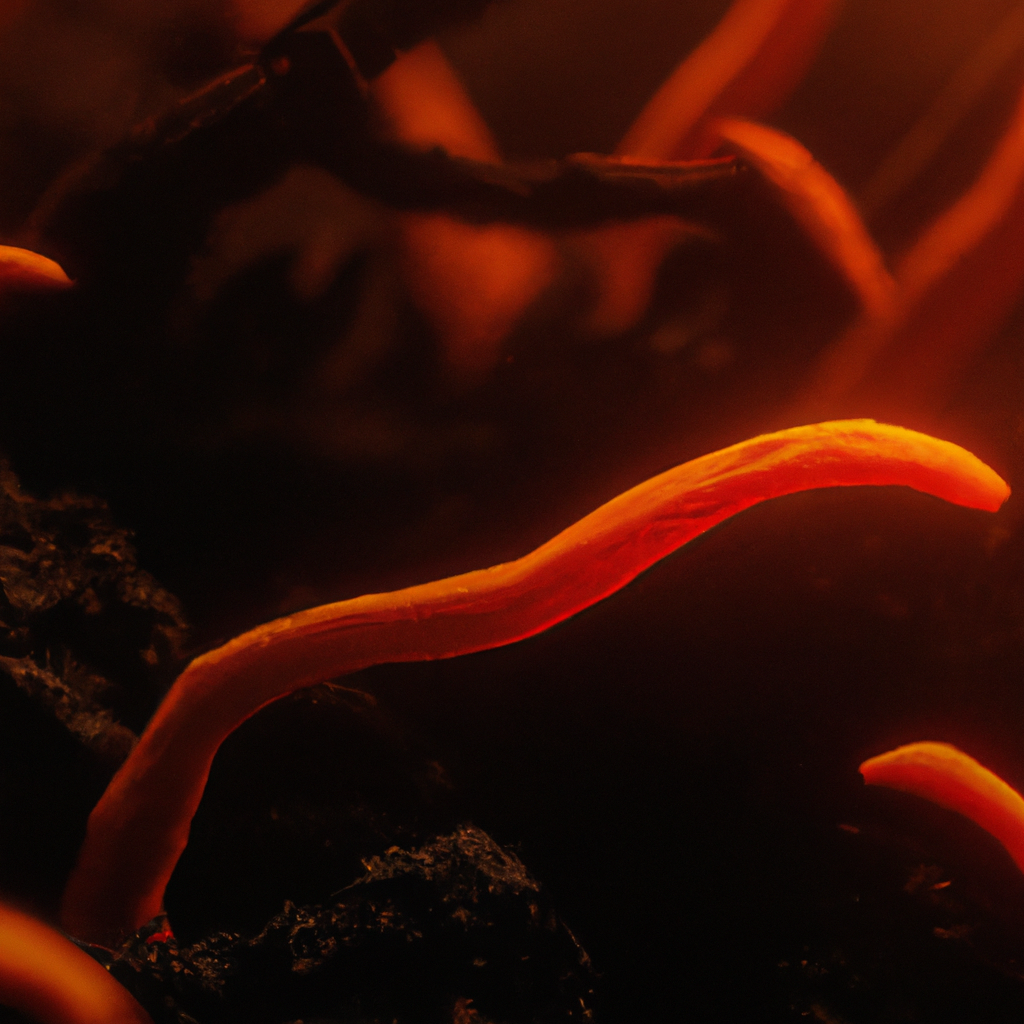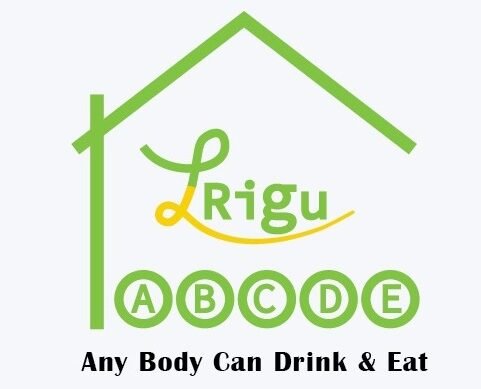There’s an ongoing question in the world that touches on a simple yet extremely poignant point: If you knew how long you had to live, would you live your life differently? Unfortunately, many people are forced to answer this question when they are diagnosed with cancer. Focus on making the right decisions with the disease by using the information in this article.
It is important to learn as much about cancer as possible when you are diagnosed with it. There are things that can be done to make the symptoms more manageable at times but you need to take the prerogative to learn what they are and incorporate them into your life.
Seeking support from a support group is important when you are battling cancer and getting help. You will be able to learn valuable information from people who have already been in your shoes. They will be able to tell you what they went through and what things really worked for them.
Cosmetic products often contain carcinogens. These products are applied to the skin and allowed to sit there for hours being absorbed by the skins pores and leading to a greater chance of getting cancer. In order to cut this risk, avoid cosmetic products that contain ingredients with “PEG” or “-eth” in the name.
Numerous studies have been conducted on garlic and its many medicinal qualities, but one of garlic’s best medical benefits is that it helps to eliminate the cancer-causing cells produced in the body. People who eat garlic are able to kill upwards of 139% more tumor cells in the body than people who do not eat it.
Avoiding the doom and gloom associated with cancer will help you to ultimately defeat it. Episodes of your favorite M.D. show can be hazardous to your health. Those images of sick and dying people can really put your mind in a bad place. Avoid them and, as trite as it sounds, find a happier place.
There are a host of services you can contact in order to receive help with day-to-day tasks as you fight your cancer. You can contact local churches and charities or find some type of local government assistance. You will find people who will help you by cleaning your home and handing other things if you don’t have anyone to lean on.
Having a telephone with you at all times if imperative if you’re currently fighting against cancer, because you never know when you’re going to experience an emergency. Being able to reach out for help is essential. An emergency fall or some other dangerous complication can make your efforts to that point null and void.
Take every available opportunity to laugh and have a good time. Someone with cancer still needs to smile and enjoy life; your mood can be infectious, so stay positive and try to lighten the atmosphere. However, there will also be times that your friend needs to cry or feel sad, so it is important to also be respectful of that.
If you don’t have an open communication line with your doctor, find another one. Your doctor should available to you and not rush you or brush aside your concerns or fears. Any question should be answered right away.
If you have cancer and expect to be going through chemotherapy then make sure your doctor prescribed some medication to you for nausea. Nausea is one of the most common side effects of chemo and bouts of it can be quite severe. Some good options are zofran, phenergan, and meclizine.
To help reduce the risk of cancer, use a filter on your kitchen faucet. There are a variety of cancer-causing chemicals in tap water, including arsenic and chromium. A filter drastically cuts down on these contaminants and may even encourage you to drink more water, which has a number of other benefits for your health.
Understand the symptoms of cancer and how to identify when you could be at risk. If you know what risks are out there, you can better evaluate your symptoms.
If you feel concerned, always seek the guidance of a physician. If you are too proud or scared to visit the doctor, you could be ignoring issues that exist and could get worse. If there is cancer present, it could spread and cause greater harm, which could be avoided if you seek the guidance of a health care professional you trust.
Know your individual risks for cancer, including your age, gender, race, and family history. These things could give you more information than you think, especially when you begin showing symptoms that otherwise could be misdiagnosed. If you are aware of an increased risk of cancer, you can target your issues appropriately with a health care professional.
You are obviously going to live your life a lot differently when you find out you are dying from cancer. If anything, you’re acting differently because now you’re in survival mode. Even still, you need to make the best possible decisions, and the tips you’ve read in the above article can help you in making them.




